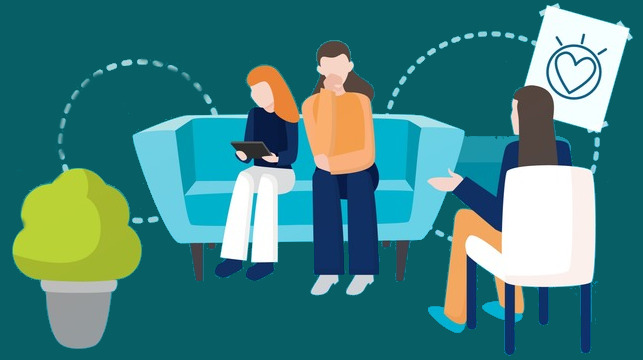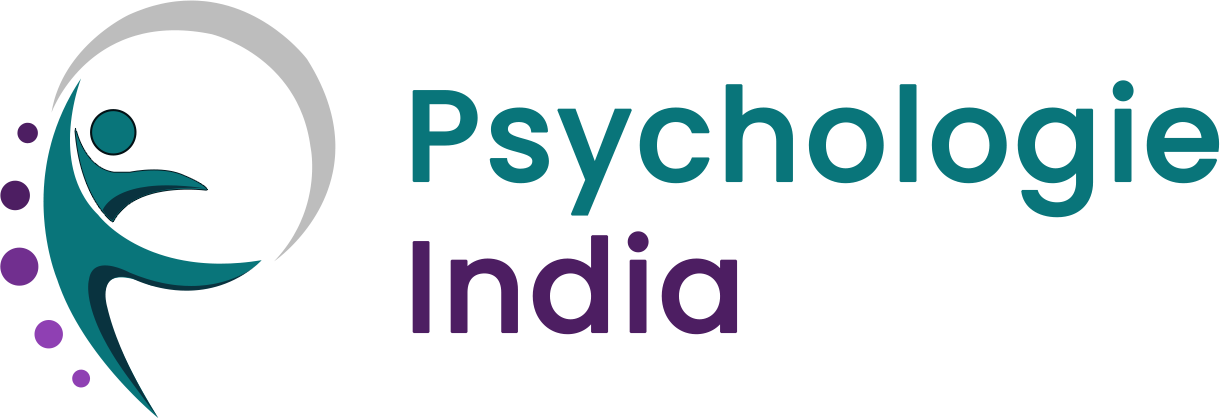HAPPINESS
What is Happiness?
Happiness is a feeling of pleasure and positivity. When someone feels good, proud, excited, relieved or satisfied with something, that person is said to be “happy”. Feeling happy may help people relax and to smile. Happiness is usually thought of as the opposite of sadness. A journey of happiness begins with the inner state of our mind.
We really need to understand that happiness is a state of mind. It literally requires nothing to be happy. Happiness does not come with money, luxurious lifestyle, expensive vehicles or other accessories like mobile phones, etc. You just need to have the mentality of ‘I want to be happy’ to be happy in your life.
True Happiness:
The definition of true happiness will vary from person to person as everyone has their own idea for being truly happy. Still, true happiness can be defined as enjoying your own company and living in peace and harmony with your body, mind and soul. True happiness is mentality of constantly being in love with you. For being truly happy you neither need other people nor materialistic things. Always remember- happy mind happy life. So, just keep things simple and always have a go at everything with a positive mind set.
What is Positive Psychology?
The positive psychology focuses on the character strengths and behaviours that allow individuals to build a life of meaning and purpose, to move beyond surviving to flourish. It focuses on how people can become happier, fulfilled and satisfied. Positive psychology stands in contrast to a focus on psychopathology.
Positive psychology is the study of what’s good in life is genuine as what is bad.
Principles of Positive Psychology:
Abundance:
Positive Psychology applies an abundance lens to help people, organisations and communities to flourish and excel and focus on what is working well and how it will work even better. It teaches people to be creative and self-determined with access to inner resources.
Character Strengths:
The virtues and strengths directly approach at the heart of positive psychology. It includes fixing weaknesses for identifying and building on what people do well and enhancing their potential to develop.
Positivity:
Fighting to be exceptional, having the courage to go against the grain, and looking for solutions that may not be accessible from a problem or deficit focus are all part of positive deviance, a key concept in positive psychology.
Flourishing and Languishing:
Positive and negative are commonly seen as polar opposites. Yet this notion can create an artificial dichotomy when it comes to understanding flourishing. Flourishing is a state characterised by growth and resilience.
Languishing is a state where positive emotion appears quite low to stimulate flourishing and emotional distress, social impairment or lack of fulfilment. Both languishing and flourishing needs to be understood and addressed holistically.
Happiness and Well-being:
Positive psychology has termed happiness into two forms of well-being:
- Subjective Well-being: This kind of well-being includes satisfaction with life, matched with a high level of positive emotions and a low level of negative emotions.
- Psychological Well-being: It includes feelings of fulfilment we get from personal relationships, living a meaningful life and developing as a person.
The Positive Psychology of Happiness:
According to psychology, happiness is about more than experiencing a pleasure or a positive mood. For describing happiness psychologists commonly refer subjective well-being. In other words, happiness is “people’s evaluations of their lives and encompasses both cognitive judgments of satisfaction and affective appraisals of moods and emotions”
The psychological discussion into happiness is important as happiness is not only associated with improved physical health and even longevity, but it is also a priority for people across the world. Happiness has been rated as being more important than other desirable outcomes including living a meaningful life or making a lot of money.
The Science of Happiness:
The Science of Happiness is the scientific study of “what makes happy people happy”. The term was firstly launched by MihalyCzikszentmihalyi in the late 1980s. The study was regarded as being happy with yourself and finding best ways to be happy in life. Czikszentmihalyi pioneered the “experience sampling method” to discover what he called the “psychology of optimal experience,” and specifically, the experience of Flow.
Signs of a Happy Person:
A happy person does not do complicated things or things that seem out of the world. The person just sticks to the thought process of being happy with yourself. The person enjoys simplest of pleasures of life like sitting under a tree, laughing, enjoying a cup of tea, etc. Here are the signs of a happy person:
- Has fewer expectations
- Is not spiteful or insulting
- Doesn’t hold grudges, even if then not for too long
- Is open to learning new things
- Possess humility and patience
- Ignores small annoyances
- Exercises self-care
- Smiles and laughs a lot
- Goes with the flow
- Does not play games (stays quite away from the virtual world)
- Practices compassion
- Always grateful
- Is not stingy or miser with their happiness
- Enjoys healthy relationships
- Enjoys other people’s happiness and success
- Has a healthy support network
- Lives with meaning and motive
Habits of Happy People:
Happy people follow just one principle: Doing things that make me happy. We all need to understand that for being happy we must adopt the things that we love, we are passionate about, etc. So, now onwards adopt the things that make you happy.
Relationships:
Express yourself. Express your heart. Normally people having one or more close friends or loved ones are happier as compared to the other people. It is not necessary that we should have a large group of a network, what matters is if and how often we cooperate in activities and share our personal feelings with a friend or relative.
Kindness:
People who care for others and be constantly kind are seemed to be consistently happier and less depressed if compared with others. Helping out people gives more happiness.
Physical Well-Being and Exercise:
Regular exercising and honest efforts for physical well-being reduces the risk of depression and improves mental health.
Follow the Flow:
Find your flow. If you are living with any particular motive or want to achieve something then just be passionate about and get it. Every day get busy doing the things that will take you closer to your goal and passion. Ignore all the negatives including things and people and take a step towards fulfilling your dream.
Spiritual Engagement:
Some of you may not agree with this thing, (it’s fine; everyone has their own personal views) but studies demonstrate a close link between spiritual and religious practice and happiness. Spirituality is closely related to the discovery of greater meaning in our lives.
Strengths and Virtues:
Happy people discover their strengths and virtues and follow it strictly. The happiness lies within it. Positive Psychology shows that the happiest people are those who have discovered their unique strengths and virtues and use those strengths and virtues for a purpose that is greater than their own personal goals.
Optimistic:
Happy people adopt qualities like positive mind set, gratitude, optimism, hope, persistence, etc. Grateful people have been shown to have greater positive emotions which lower the chances of stress and depression.
Related Blogs
Uncovering Happiness- A Journey of Self-Improvement
In the vast niche of self-improvement, there lies a gem that everyone seeks but not everyone finds: happiness. This amazing state of being is more than just a happy emotion; it's a complete approach to living a fulfilled life. The journey to happiness is intricate,...
The Key to Happiness – Rules That Everyone Should Follow
It’s easy to get stressed out, but what about finding happiness? That’s not so easy. You feel yourself gritting your teeth and clenching your fists as you feel the stress weighing down on you like a heavy fog that just won’t lift. There are so many things to do, so...
How to Live a Happier Life?
What is happiness? Happiness is a state of mind! There is no exact or particular definition of happiness, as every individual on planet has its own definition. Still, happiness in simplest of language can be defined as feeling of pleasure, satisfaction and positivity....
What are you waiting for?
You can’t change the past, but by working together with a counselor, you will understand and resolve challenges in your life. Contact a counselor for relieving emotional distress and other cognitive health issues for a better tomorrow.










